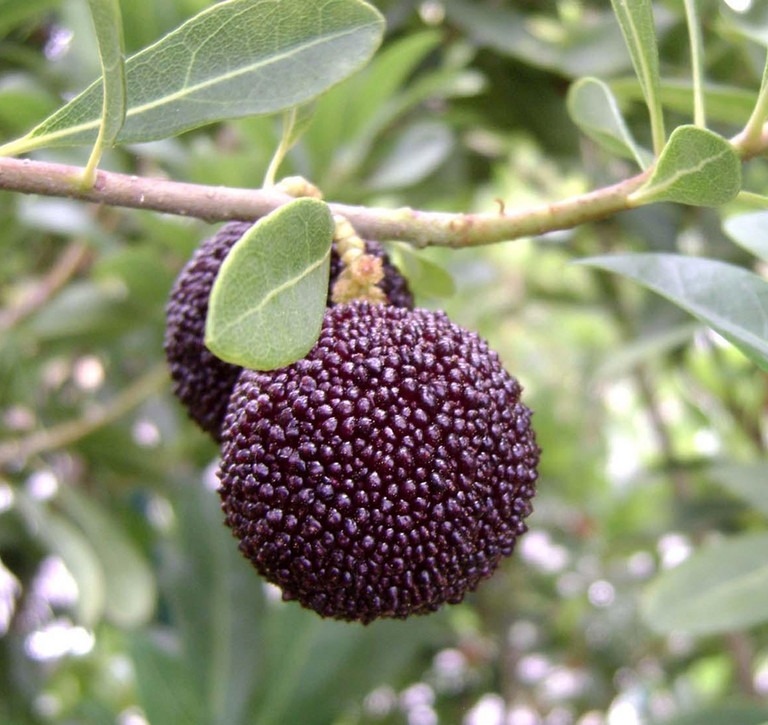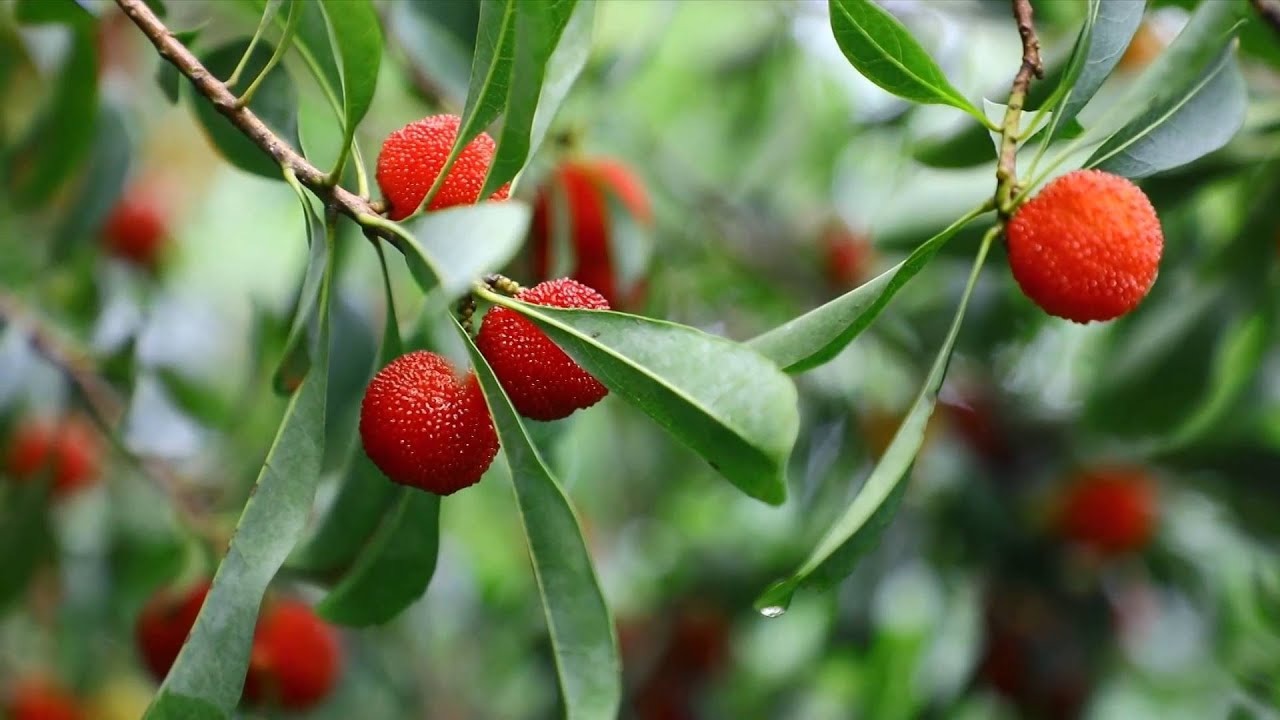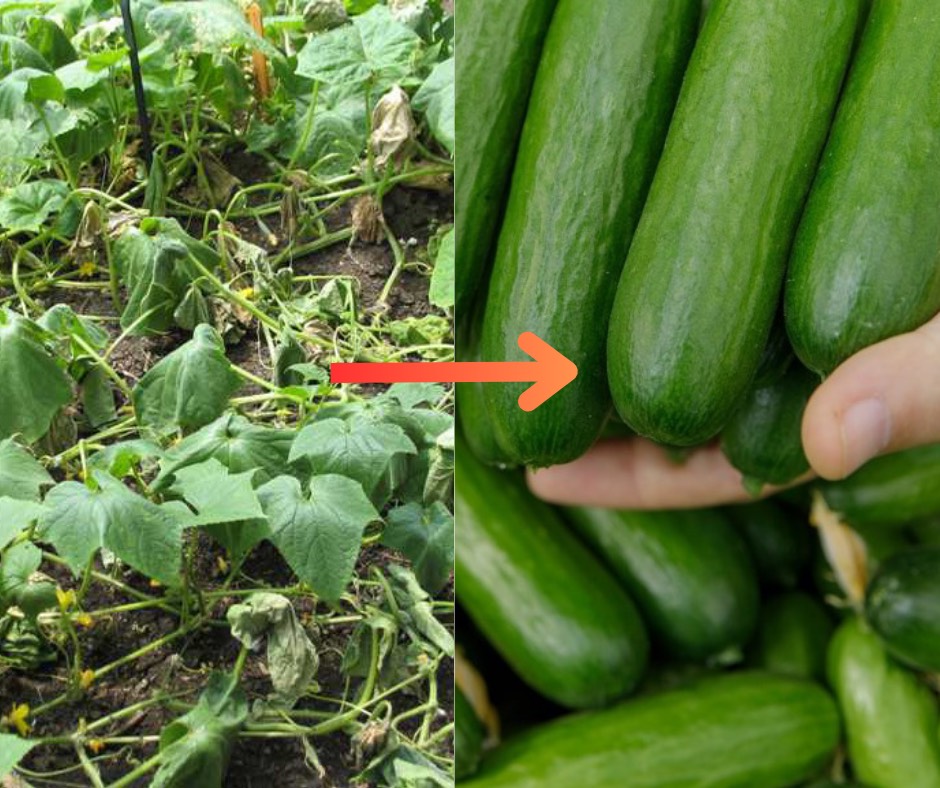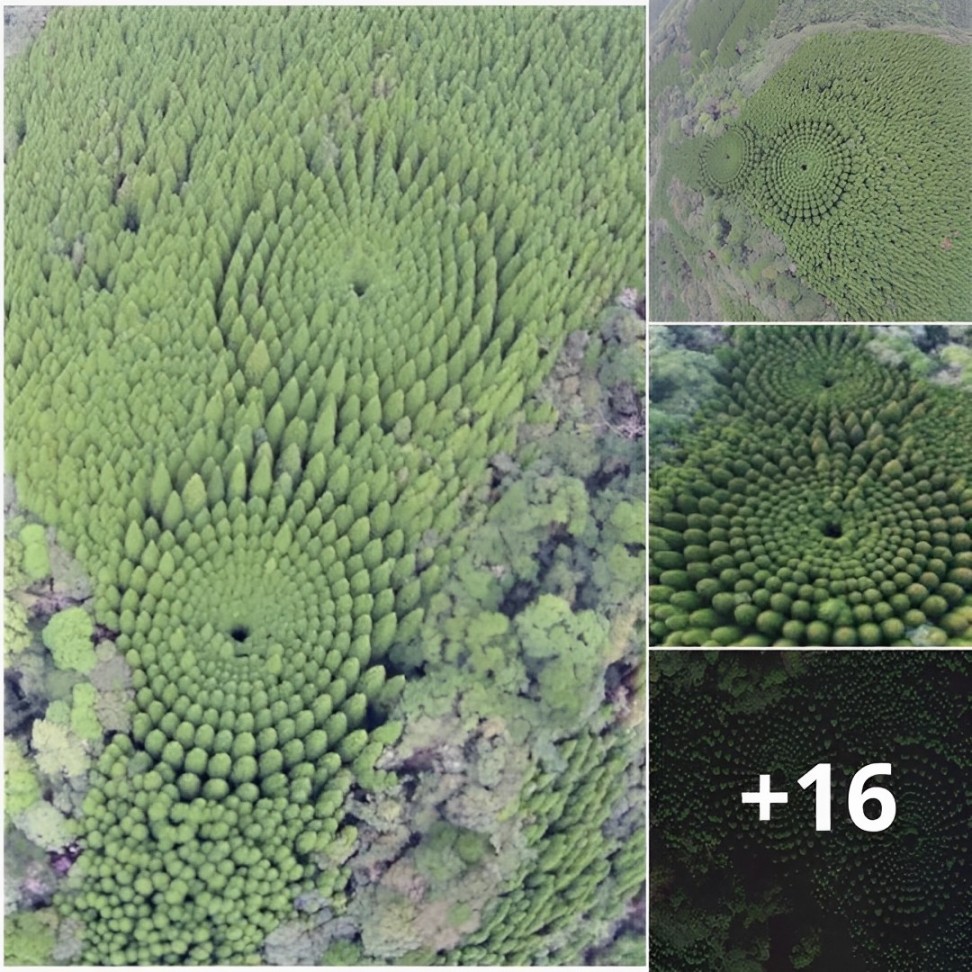A fruit that’s extremely rare in this part of the world is finding new roots in the Bay Area — all for the hefty price of almost $60 per pound.
That fruit is yangmei, also known as yumberry and Chinese bayberry. Native to Asia, including China and Japan, it wasn’t available in the U.S. until recently. The small, round and pitted fruit tastes juicy, tart and sweet at its ripest — reminiscent of a pomegranate and cherry with notes of pine, plus a distinct mouthfeel from bumpy skin.

The fruit’s introduction to the United States is credited to Yunfei Chen and Charlie Lucero, who together launched startup Calmei in 2018. While there have been attempts to bring the notoriously hard-to-transport fruit over, they say Calmei is the first to sell yangmei in the Western Hemisphere — and they think they’re the only ones selling it in the U.S. Its rarity and brevity make it pricey, retailing at San Francisco’s Bi-Rite Market for $59.99 per pound — the store’s most expensive fruit.
In the Bay Area, yangmei is in season for a little over a month — typically starting in early June — but the unusually wet spring weather delayed the season by two to three weeks. That means yangmei will be available until late July this year.

Yangmei in Yunfei Chen’s yard in Fremont. Chen believes he is the first person to start growing the fruit in the U.S.
Amaya Edwards/The Chronicle
Chen started growing yangmei trees in his Fremont backyard in 2010, using seeds given to him by a colleague, and the first seedling sprouted the next year.
In 2012, Chen teamed up with importers who wanted to bring yangmei from China, but very few trees survived. They tried again in 2013, but the trees still didn’t survive.
“These are not easy trees to deal with,” said Chen, who has a background in biology and works full time as a scientist for a diagnostic company. He’s not sure exactly why yangmei trees struggle to thrive here, but he suspects it’s because the soil and climate are different from where the trees typically grow in China.

Despite the trees dying in 2013, Chen managed to snip some pieces off and grafted them onto his own seedlings, thus joining the two plants together. That resulted in what Chen calls the “elite varieties” of yangmei, and the trees finally bore fruit in 2015.
Yunfei Chenpicks yangmei from the trees in his yard. The fruit can now be found at Bi-Rite Market and two Bay Area online grocers.
Amaya Edwards/The Chronicle
While studying abroad in China, Lucero, an attorney, tried the fruit for the first time and was amazed. After returning, he came across a video that featured Chen and decided to reach out; thus, Calmei was born. Now, Chen and Lucero sell four varieties of yangmei: the dark and sweet purple pearl; the largest variety called eastern giant; a new variety that’s similar to purple pearl called sweet violet; and the strikingly pink crystal.

While Chen still grows in his backyard for family and friends, Calmei licenses trees to farmers who are interested in yangmei — currently five farms throughout Northern California. The majority of the revenue goes to the grower, Lucero said.
“I like to say we provide trees and expertise,” said Lucero. “It’s a new fruit, so people don’t know how to grow it.”
After the fruit is harvested, Calmei picks it up from the farms and delivers it to stores like Bi-Rite, which has been selling yangmei since 2019. The fruit is also sold on Bay Area online grocery stores Weee! and Airmart.





